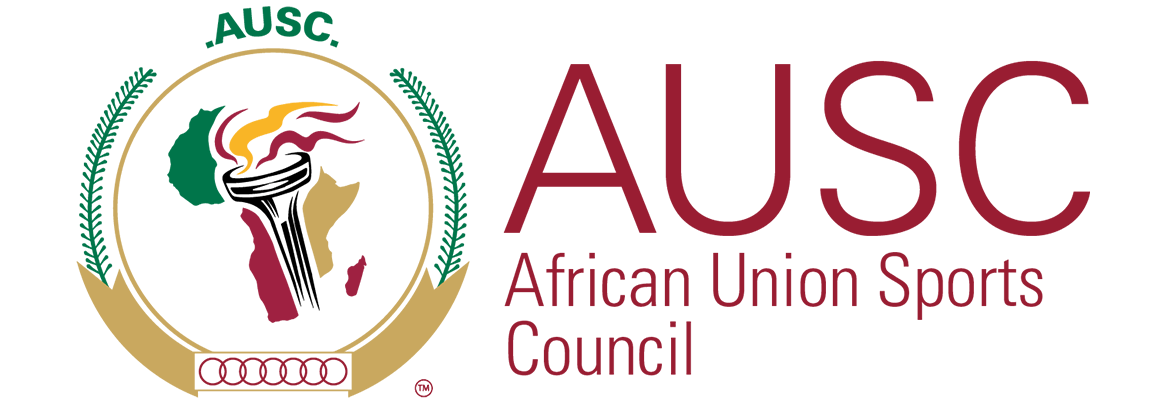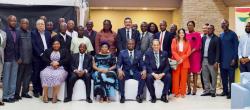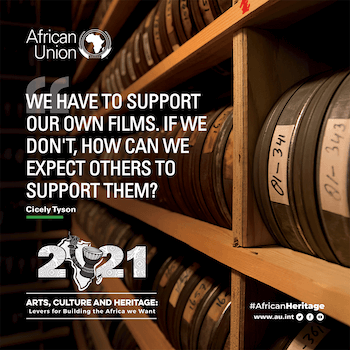Africa Day 2024: Sports powering Africa to socio-economic prominence.
The Africa Day celebrated every 25th May across the continent and the world highlights the determination of people from Africa to free themselves from foreign domination and influence. The day, celebrated to mark the creation of the Organization of African Unity (OAU), the forebearer of the African Union, on 25th May 1963, has along the decades morphed into a day of reflection and projection for the continent’s leaders who are in a constant quest to project Africa to prominence.
The continent’s history and projection to global recognition are intertwined with the prowess of African sportsmen and women who courtesy of enthralling performances have contributed significantly to continent branding, carving sports into a proper tool of socio-economic development, an instrument to spark social change while thriving youth development. The impact of sports on the continent is manifold and with Africa now a prized destination for several major sporting competitions, the effect of sports in Africa is expected to take on gargantuan proportions.
Sports and Continent Branding
Sports has been a major advertiser of African nations worldwide and the dexterity of the continent’s athletes has been key in making known African countries to citizens of other continents. The Kingdom of Morocco courtesy of a maiden semi-final spot for an African nation at the 2022 World Cup in Qatar has gained a global status as a football giant. Three decades earlier, Cameroon became known to the world more for being the first African nation to play a World Cup quarter-final, having stunned defending champions Argentina in the 1990 World Cup curtain raiser. South Africa’s status as a world leader in rugby is indisputable following a record fourth win by the “Springboks” at the World Cup in 2023, with this victory greeted with fervor across Africa.
Having continuously won Olympic and world championship medals while dominating races across the globe, Ethiopian and Kenyan athletes have established for their nations a reputation for being a proper training ground for elite long-distance and marathon runners. Sports have become a crucial tool in building the brand of nations across the world. Every significant win is seen as a window to market one’s nation and incite citizens from other continents to discover Africa and its luxuriant tourist potential. Sports therefore become a portal to attract investors and tourists. Several African nations aware of the multifold impact that brilliant performances could have across the board are investing significantly in the preparation of their athletes cognizant that their victories resonate beyond sports.
An incentive for economic development
A report on the state of the sports industry by PWC estimated the sports sector in Africa to be worth about 7 billion USD in 2018 with that figure projected to be around 12 billion USD in 2027, which is three years from now. This projection translates to the constant growth being witnessed by the sports industry in Africa.
As the continent has the youngest growing population worldwide, Africa provides a significant opportunity for the growth of major sports organizations as well as the creation of sports business startups. Some of the biggest global sports organizations are heading to Africa to either establish offices, youth development programs, or competitions whose trickle-down effect cuts across different sectors. The hosting of the 2010 World Cup by South Africa was inherent in shifting the paradigm and ascertaining the continent’s ability to stage the biggest global competitions. In 2030, an expanded World Cup with 48 nations will return to Africa with Morocco co-hosting the global event alongside Portugal and Spain. Senegal’s capital Dakar will stage the 2026 Youth Olympic Games, the first of such tournaments in Africa while in 2025, the World Road Cycling Championship will head to Rwanda.
The NBA alongside FIBA has in the past four years co-organized the Basketball Africa League, a tournament that has become the continent’s premier club competition with the NBA opening offices in Johannesburg, Dakar, Nairobi, and Lagos as part of its expansion plans on the continent. The organization also operates an elite basketball academy in Saly, Senegal, where the continent’s most promising teenage basketballers are groomed in the sport while receiving world-class education. The NFL has also turned its attention to Africa, creating content on the continent and establishing an Africa Program that is set to grow the discipline in Africa.
The growth of these organizations on the continent as well as the hosting of these competitions have been the driving force behind the construction of modern sporting facilities such as football stadiums, basketball, and volleyball courts as well as gymnasiums. The attention has also been turned towards elite sports performance with some African nations channeling funds into nurturing young talents into prominent athletes.
Thriving Youth and Social Development
Sports have been key in breaking many social barriers and annihilating biased impressions among Africans. With Africa’s population largely youthful, sports is the link that bridges the gaps between populations. Its fundamental values such as respect, fair play, hard work, and tolerance are inherent in building a productive and socially responsible society for the future.
Sports across many African nations are used as a tool to endow the youth and participants with the knowledge and skills necessary to unite and foster healthy societies. In line with the AU theme of the year 2024 “Educate an African fit for the 21st Century”, the power of sports is used in educating communities against cankers such as wars, conflict, gender, and racial discrimination. Its practice, embraced by millions of Africans, has been key in maintaining a fit and healthy population which reduces the expenditures of states on health-related issues.
Africa’s rise to global recognition can’t be written without the contribution of sports and in the next decades, its journey to world prominence will be intertwined with a flourishing industry as the continent’s leaders continue building the “Africa We Want” as part of the African Union’s Agenda 2063.










